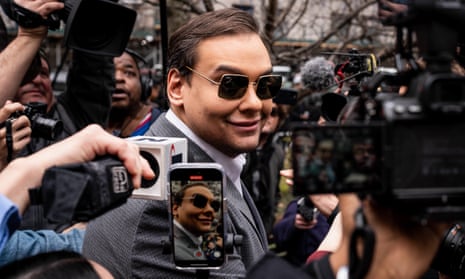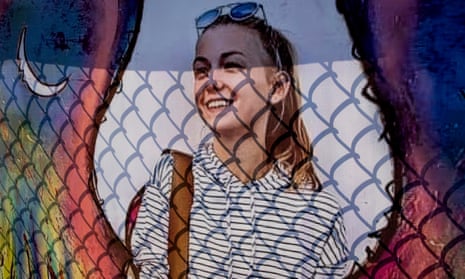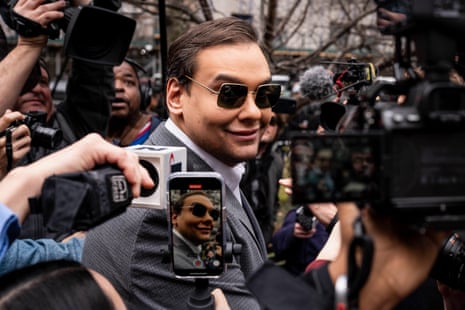Professor Geoffrey Hinton, British-born Canadian cognitive psychologist and computer scientist, 2017. Photo: Julian Simmonds/Daily Telegraph
Artificial intelligence Might pose a “more immediate” threat to humanity than climate change, according to one of Google's former top computer scientists.
Geoffrey Hinton, known as the “Godfather of AI”, quit Google earlier this year to “talk freely” about the risks associated with ever smarter machines.
Hinton, 75, warned that powerful AI poses a more immediate risk to humanity than global warming.
The computer science professor said: “I would not want to discount climate change. I wouldn't like to say, “You don't have to worry about climate change.” This is also a huge risk.
“But I think it might be more urgent.”
In an interview with Reuters news agency, Mr Hinton said: “Because of climate change, it's very easy to recommend what you should do: you just stop burning carbon. If you do this, everything will be fine in the end. It’s not at all clear what to do.”
This comes after technology leaders were summoned to the White House on Thursday, including Sam Altman, head of ChatGPT OpenAI developer, as well as executives from Google and Microsoft to discuss the risks associated with artificial intelligence.
A computer expert from London was involved in the development of so-called machine learning methods in the 1980s and received the prestigious Turing Award in 2018.
These techniques are at the heart of a powerful new wave of AI-powered bots like ChatGPT, a chatbot that can give convincing human-sounding responses. Google also creates powerful bots of its own, as do tech giants Facebook and Microsoft.
 Hinton has worked at Google for ten years. about the study of artificial intelligence. Credit & Copyright: Noah Berger/AP
Hinton has worked at Google for ten years. about the study of artificial intelligence. Credit & Copyright: Noah Berger/AP
It is hoped that these machines can speed up the work of millions of people and eliminate routine office tasks.
These digital agents have been trained by millions of people. pages of text from all over the internet and hundreds of thousands of books.
Models can also ingest millions of images and videos to create realistic yet fake images, movies and music.
Technologists are increasingly fearful that these new bots could lead to so-called “artificial general intelligence” that could surpass human intelligence. There are also fears that they could spark a new wave of digital disinformation.
In an interview with the New York Times earlier this week, Mr Hinton warned that there was a risk that “bad actors” could use such a powerful AI for “bad deeds” and that machines that can improve themselves or set their own goals without human oversight is an existential risk.
He warned of the disastrous consequences such technologies could have in the hands of world leaders such as Vladimir Putin and warned that they could replace a huge number of jobs.
Mr Hinton studied at King's College in Cambridge in the 1970s and later received a PhD from the University of Edinburgh for his work in artificial intelligence. He is currently Professor of Computer Science at the University of Toronto.
He joined Google in 2013, helping to develop algorithms for increasingly intelligent machines.
This week, a scientist predicted the emergence of machines. will surpass humans in intelligence within “five to twenty years.”
In an open letter in March, more than a thousand technologists, including the world's second-richest man, Elon Musk, demanded the suspension of cutting-edge artificial intelligence research due to claims that ever more advanced tools could “outnumber us, outwit us, outwit us and replace us”.
 Elon Musk warned about the risks of powerful artificial intelligence for humanity. Photo: Reuters
Elon Musk warned about the risks of powerful artificial intelligence for humanity. Photo: Reuters
The letter warned that artificial intelligence labs were engaged in “an uncontrolled race to develop and deploy increasingly powerful digital minds.”
Mr Hinton said suspending artificial intelligence research is “unrealistic” but added that the new technology poses an “existential risk”. He said: “It's close enough that we have to work really hard and invest a lot of resources right now to find out what we can do about it.”
However, other AI experts question the likelihood of an omnipotent AI anytime soon.
In an interview with The Telegraph this week, Jerome Pesenti, former head of artificial intelligence from the owner Facebook Meta said the “doomsday scenarios” were based on “lazy thinking”. algorithms.
Mr. Pesenti said: “Instead of warning everyone on Twitter or signing letters urging everyone else to stop working on AI, why don’t these people stop what they are currently doing? time and start solving these problems. ?”
He added, “Surely the best way to influence what AI does to humanity in the distant future is to make sure we fix the problems known today.”























































Recent Comments